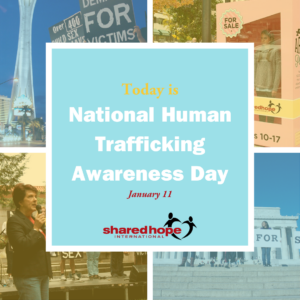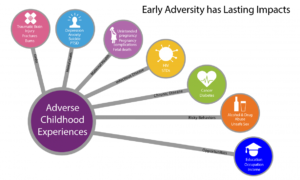Linda Smith, Shared Hope International’s Founder and President, appeared on an episode of a national show hosted by Dr. Drew Pinsky in a segment about sex trafficking. The episode aired on Sunday, January 28 on the Fox Business channel.
“Health Uncensored with Dr. Drew” is a new show on the network, and Smith appeared as one of the host’s first guests on the inaugural episode. Smith was interviewed by Dr. Drew, the host of a variety of popular podcasts including the iTunes top-rated Dr. Drew Podcast, Dr. Drew After Dark, The Adam and Drew Show, co-hosted by Adam Carolla, and a live streaming show called #AskDrDrew on which he answers audience questions in real time.
Watch the recording of that segment:

 Written by Barbara Amaya with Holly Austin Gibbs
Written by Barbara Amaya with Holly Austin Gibbs






